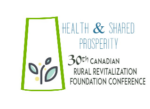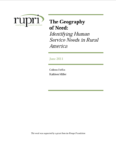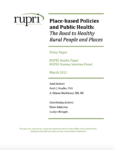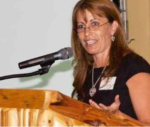
2018 Canadian Rural Revitalization Foundation Conference
October 10, 2018 – October 12, 2018 THE 2018 CANADIAN RURAL REVITALIZATION FOUNDATION CONFERENCE IS ALL ABOUT BRINGING TOGETHER PRACTITIONERS, POLICY MAKERS, COMMUNITY LEADERS, AND RESEARCHERS INTERESTED







